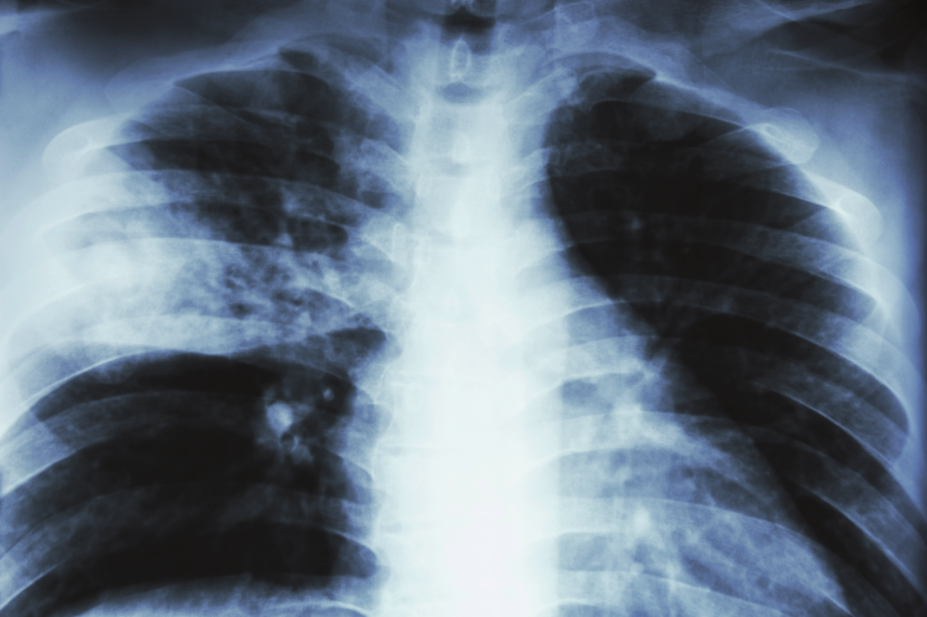
Shutterstock.com
Long-term proton pump inhibitor (PPI) therapy in older adults is associated with an increased risk of pneumonia, research has shown[1]
.
Researchers studied data from England on 75,050 people aged 60 years and over who received a PPI for a year or longer and compared them with an equal number of matched controls.
The team found that the risk of pneumonia in the second year after initiating PPI treatment was 82% greater than among controls. Estimates were similar across age and comorbidity subgroups.
“Our findings support the need for caution in long-term prescribing of PPIs to older adults,” said the researchers in the Journal of the American Geriatric Society (20 April 2018).
“Further work is needed to clarify indication biases in PPI prescribing, especially in older adults hospitalised for pneumonia,” they concluded.
PPIs have been linked to an increased risk of pneumonia in older adults but most research has only looked at the period up to 30 days from treatment initiation.
References
[1] Zirk-Sadowski J, Masoli J, Delgado J et al. Proton-pump inhibitors and long-term risk of community-acquired pneumonia in older adults. J Am Geriatr Soc 2018. doi: 10.1111/jgs.15385


